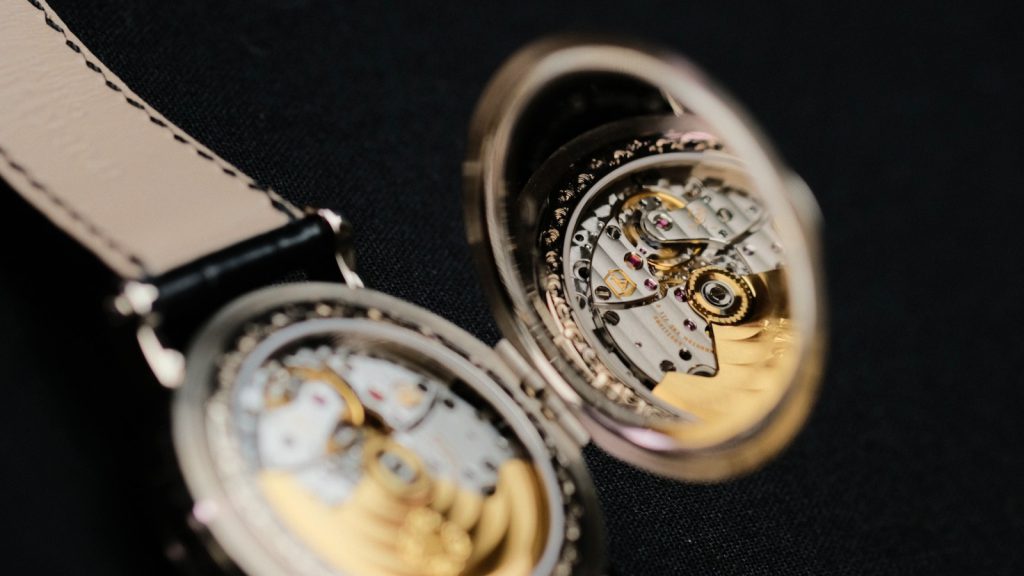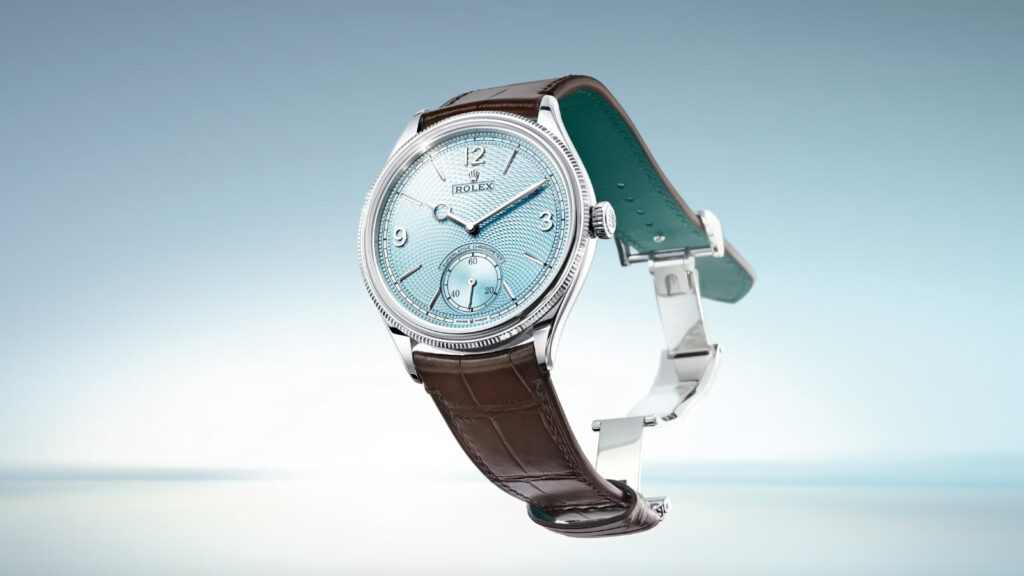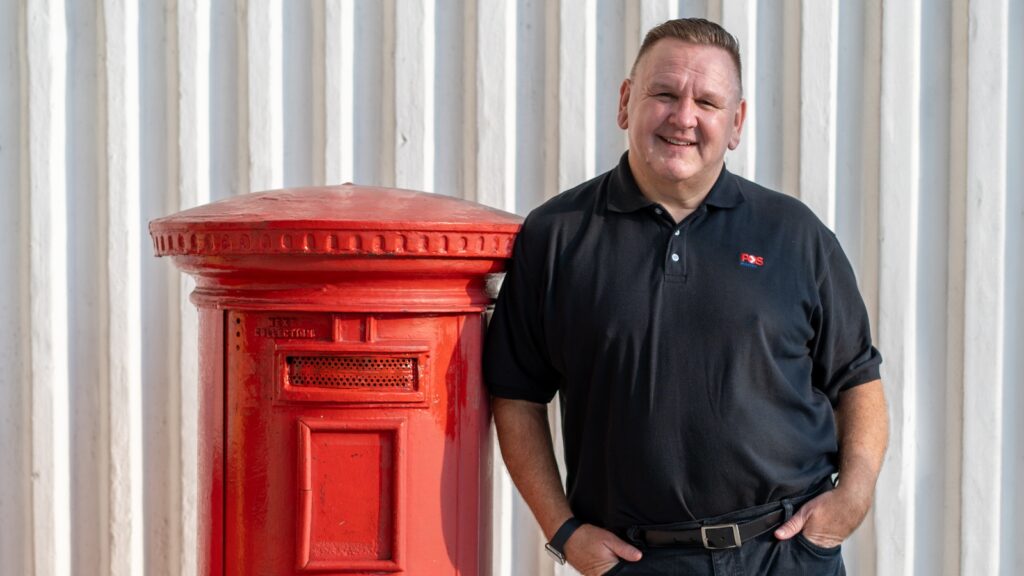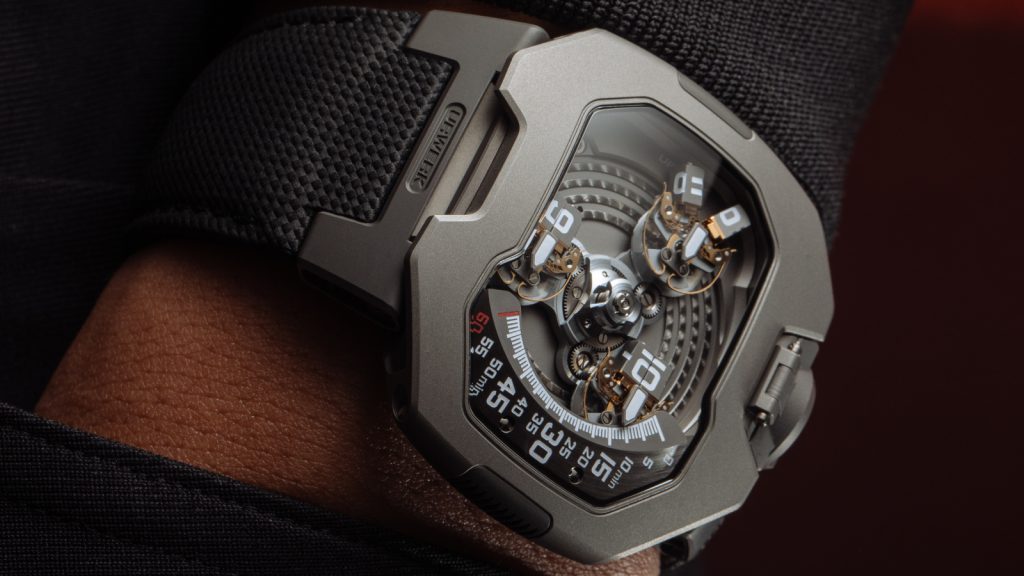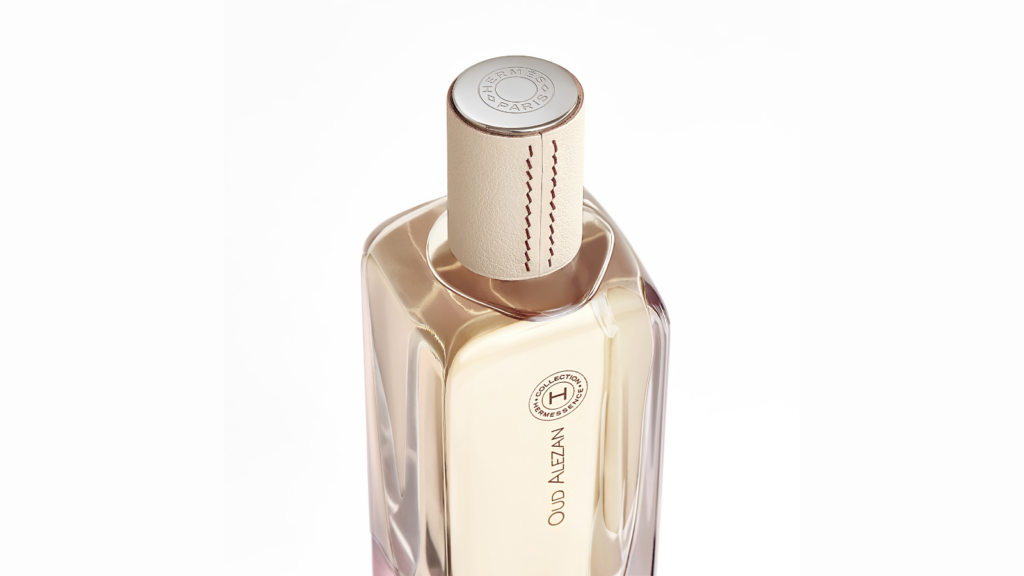Any longtime collector will tell you they’ve made a mistake or two while building their vault. We caught up with a handful of experienced pros, to find out what lessons they learned and what to avoid while pursuing the obsessive hobby.
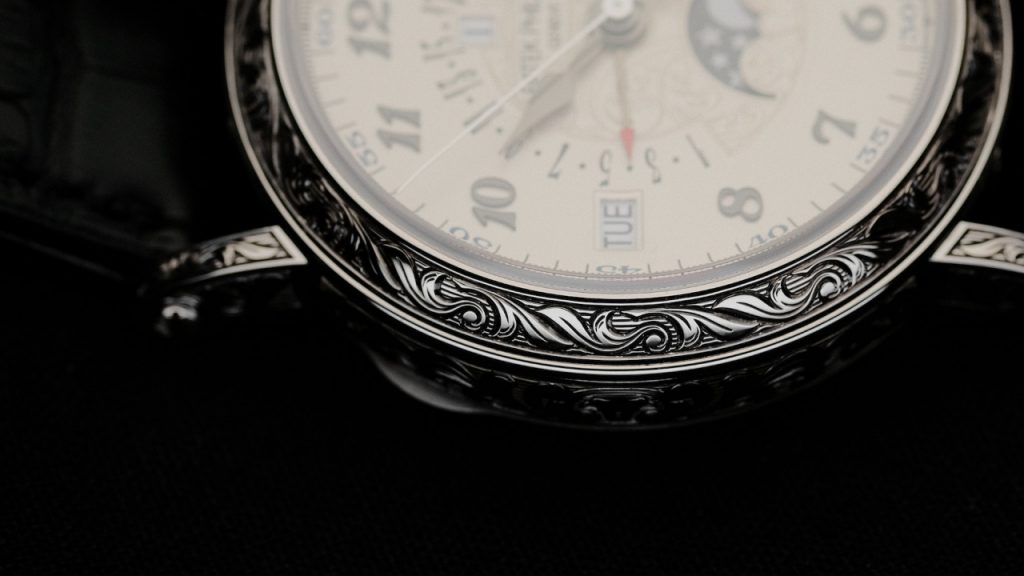
William Massena, Founder of Massena Lab
“In the mid-1990s, I was in Germany for a business trip, and I went to a store and bought a very rare Blancpain vintage diver’s watch that belonged to some famous German explorer. The seller told me a wonderful story about how he got the watch while pointing out all the charming details. I bought it on the spot. Needless to say, the tales were pure fiction and the details just made up to convince me of its authenticity. These were the days before Google—a great reminder that you should always do your homework about the watch, but also the seller.”
Roni Madhvani, Entrepreneur
“A couple of years ago I bought a few very rare vintage Cartiers from a dealer, including a mid-1960s platinum London-signed black-dial Maxi Oval. I posted it on my Instagram and soon after received some threatening and nasty legal letters from a Swiss lawyer claiming their client had these watches stolen a few years before. Since I bought the watches aboveboard and followed the law, I asked that I be refunded after it had been proven to me that the watches were indeed stolen. However, instead of the owner talking to me directly, as I had requested, I continued to receive threatening legal letters. I decided to engage the best lawyer in the field and a week later, after my legal response was sent, the [seller’s] lawyers agreed to refund me in full and I returned the watches to the original owner. Despite doing one’s homework on the seller, one can still end up in a hole!”
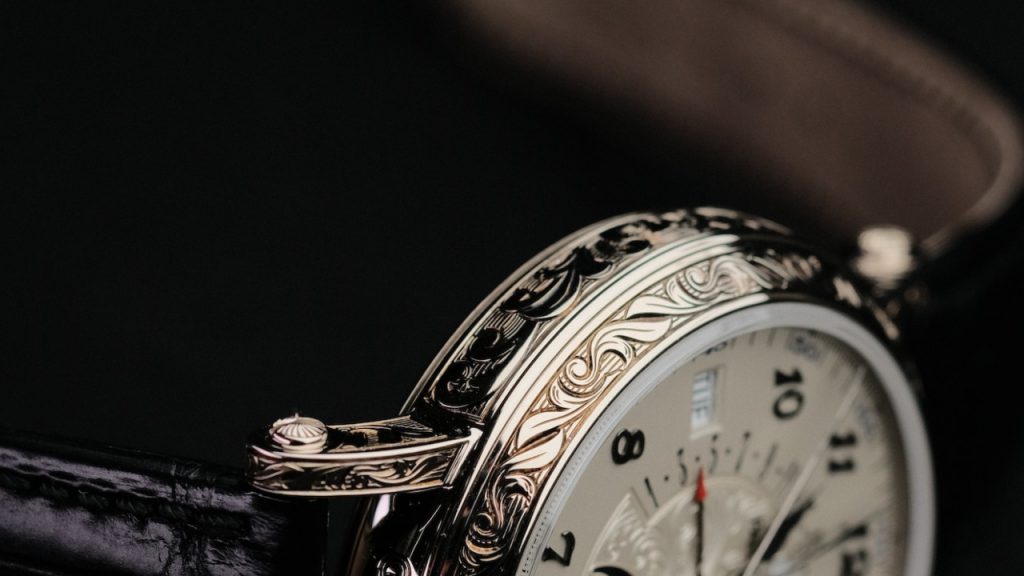
Michael Hickcox, Technology Executive
“My biggest regrets centre around watches I’ve sold and now don’t want to pay more to buy back. For example, a black-dial stainless-steel Lange 1—reputedly one of three—or a black-dial F. P. Journe Chronomètre Souverain, both of which are now worth at least five times what I was stupid enough to sell them for. Similarly, my friends and I share endless stories about “the one[s] that got away,” watches that we love and had the chance to buy before their values went stratospheric. I’m thrilled with my collection and have done very well; nevertheless, this hobby is a consistent journey to trust one’s own instincts to buy and keep what you love.”
David Chang, Finance Executive
“A 30-second phone call or even a text message could have saved me time, money and a whole lot of heartache. A year ago I purchased an early F. P. Journe from a local dealer to whom I had been introduced through a friend. I happened to be too trusting. The watch had been stolen some 10 years before and sold to this dealer, who put it away in a safe. After I purchased the watch, it only took a few months for the original owner to find out about it and reclaim it. It’s now back with him, while I find myself trying to recover what I can. A simple call to the Journe boutique would have identified the watch as stolen and avoided this frustrating experience.”
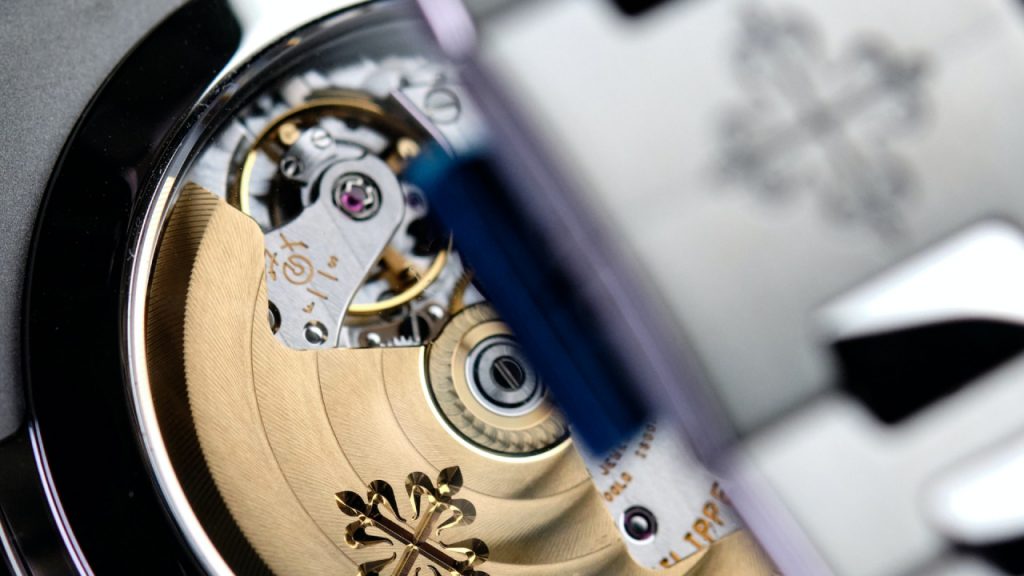
Greg Selch, Co-Founder of Selch & Co. Furniture Company
“I was introduced to a dealer years ago who wanted to buy watches from me. He wanted to pay big prices for my best watches. Since I didn’t know him personally, I told him that I wasn’t ready to sell my best pieces yet. I had some very good-condition watches from well-known brands, and I offered these to him for reasonable prices—twice what I paid but probably half of the highest market price. He bought one and went off happily. The next time I spoke with him, he complained that he had paid me too much and that he didn’t make very much off the watch. He also said that he had to pay for a service and that had taken away from his profit. I can only imagine what a nightmare that would have been if I’d let him buy one of my best watches for big money—he might have asked for his money back! We never did another deal, and I learned a relatively inexpensive lesson: Personalities are important, as are relationships—it’s important to find out who you’re dealing with!”
Previously published on Robb Report.
Photos: Kent Lam / Unsplash
